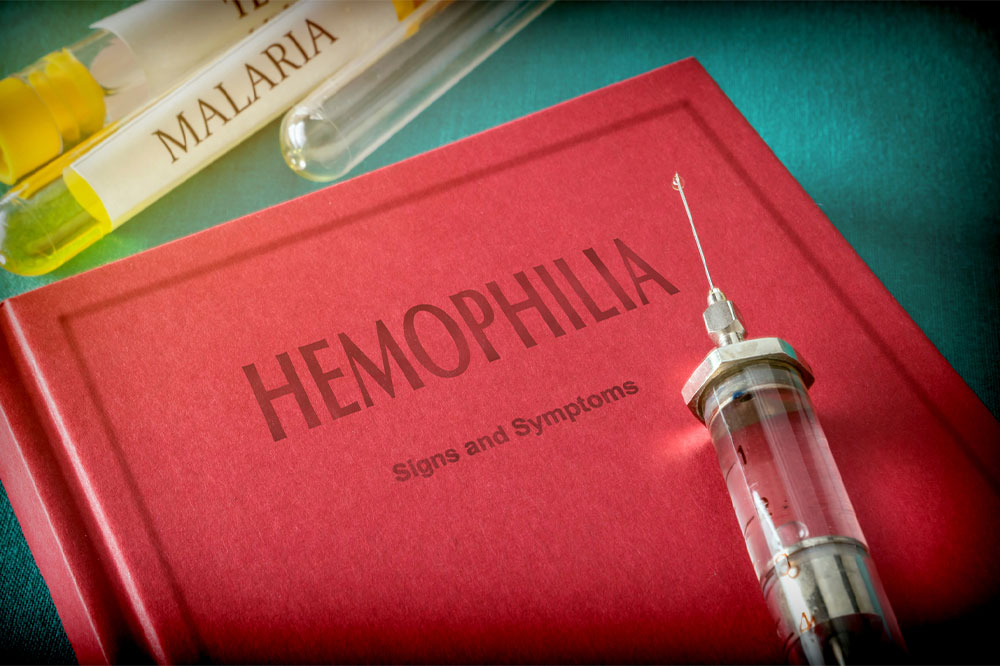Travel Essentials for Individuals Living with Hemophilia A
Traveling with hemophilia A requires careful planning to manage bleeding risks. Consult healthcare professionals, prepare a medical kit, carry essential information, and ensure your insurance covers your condition. These precautions help ensure a safe and smooth journey for individuals with this hereditary bleeding disorder.

Key Travel Recommendations for Hemophilia A Patients
Hemophilia A is a hereditary bleeding disorder caused by insufficient levels of factor VIII, a protein vital for blood clotting. It affects about 12 in 100,000 males, according to the CDC. Traveling with this condition involves thorough planning and precautions to minimize bleeding risks and ensure safety. It's essential to consult healthcare providers beforehand to evaluate potential concerns and determine necessary precautions.
Seek Medical Advice
Prior to departure, consult your healthcare provider to assess if your trip is advisable based on your specific condition. They can recommend appropriate treatments and safety measures.
Vaccinations like hepatitis A and B are recommended for added protection during travel. It’s also beneficial to carry a medical travel letter explaining your condition, which can facilitate access to emergency care at airports and accommodations. This document ensures you receive quick assistance when needed.
Assemble a Medical Kit
Carry all vital medications including factor VIII concentrates, diluents, and reconstitution tools in your carry-on luggage. Clearly label each item to prevent issues with X-ray screening. Include disposable syringes, disinfectants, cotton swabs, and disposal containers. Bring extra supplies to cover travel delays or emergencies. Keep a list of nearby hemophilia treatment centers (HTCs), available online through global directories.
Carry Personal Medical Information
Always have emergency contact details and wear a medical ID bracelet indicating hemophilia A. These can be lifesaving if you are unable to communicate or become unconscious during an incident.
Check Travel and Health Insurance Coverage
Verify that your travel and health insurance plans are up to date and include coverage for preexisting conditions like hemophilia A. Confirm that hospital stays abroad are covered, as medical expenses can be significant in foreign countries.


